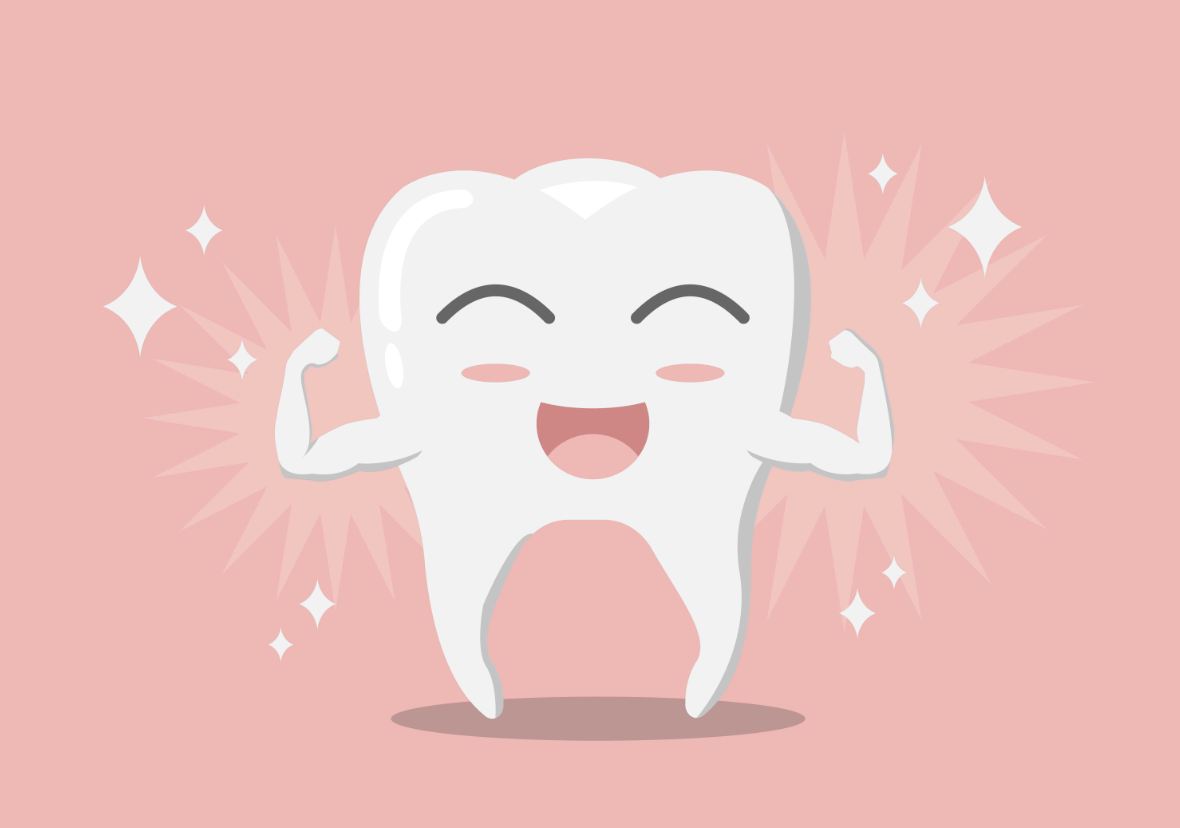To relieve tooth pain temporarily, over-the-counter medications, such as ibuprofen, and home remedies can be used. It is often necessary to visit a dentist to determine the cause of the pain and to find a permanent solution.
Tooth Pain Causes
Toothache pain is usually caused by problems with the teeth or jaw. Toothache can range from mild annoyance to extreme pain. Treating toothache can be as simple as improving oral health care procedures, or as complex as oral surgery. Dental causes of tooth pain fall into several categories:
1.Dental Causes Of Tooth Pain:
Tooth loss; Tooth decay; Gum disease
2.Non-Dental Causes Of Tooth Pain:
Some of the causes of toothache have nothing to do with your teeth.If you exclude more obvious sources of tooth pain, your pain may be related to any of the following situations: Sinus pain infection; Cluster headache; Heart attack; diabetes; Virus infection; Neurological diseases; Drug abuse; Vitamin deficiency
Tooth pain symptoms
good oral hygiene can prevent many types of oral pain. But when oral health problems arise, knowing the causes and types of oral pain can help you talk to your dentist about treatment options and strategies for preventing future dental pain. Symptoms of tooth pain include sensations of throbbing, sharp or pain in the teeth, which can be chronic or transient.Some types of toothache occur only during chewing. Other symptoms associated with tooth pain include gum redness, headaches, or drainage from a tooth or gum infection.
Tooth Pain Relief
To immediately relieve the pain, use an oral anesthetic or clove oil to remove the pain from your teeth. Place the clove oil directly into the pain zone, or mix a small amount of crushed clove oil with the oil and use it instead of clove oil. Oral anesthetics should be used according to the instructions on the product package. Garlic is also used for temporary relief, chewing one clove of garlic several times a day. Over-the-counter medications, such as ibuprofen or acetaminophen, can temporarily relieve the pain of a toothache.
Use salt to ease the pain of your teeth, add a few teaspoons of salt to a cup of warm water and stir until the salt dissolves.Do it directly in the affected area for a few minutes, or until the pain subsides. Don’t swallow the salt water.
Most diseases that cause tooth pain require dental care. Dentists may offer medications, such as antibiotics, to treat the cause of pain. Related conditions, such as toothache from sinus infections, must also be permanently relieved.
Additional Relief Tips
Here are some tips you can use to avoid making your wisdom teeth worse than before:
Stay away from hard or sugary foods.Chewing hard foods can make the pain worse, and sugar from sweets can get into your gums and worsen your wisdom tooth infection.
Drink plenty of water to make sure your gums stay flush.
To keep infection to a minimum, brush your teeth after each meal, floss your teeth, and floss as much as possible.
If all else fails, use an anti-drug like ibuprofen.
See your dentist as soon as possible. All the remedies listed here are temporary and do not fully address the problem. Make an appointment with your dentist at the first sign of a toothache.




